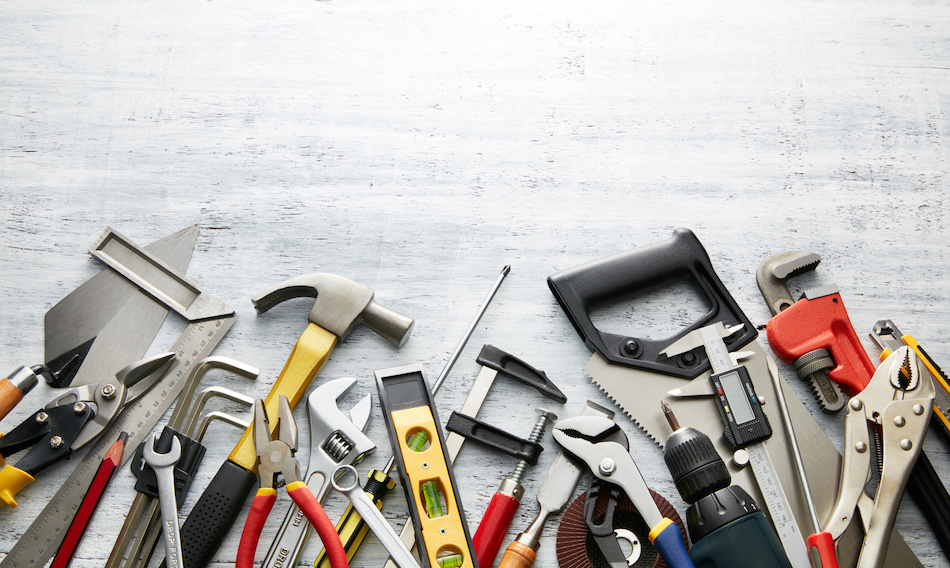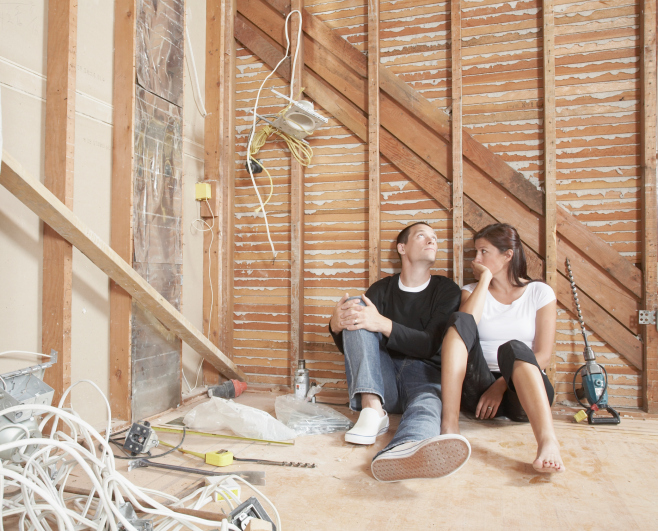Buying a Fixer-Upper: Is it Right for You?
Posted by Justin Havre on Thursday, September 6th, 2018 at 1:17pm.

Buying a home that needs some work is a good way to save money, but it can also hide unexpected costs or complications. It's possible to get a wonderful home, or to go broke making unanticipated repairs. These tips can serve as basic guidelines to assess the potential value in a fixer-upper before buying it.
Consider the Neighbourhood
Keep in mind that one person’s version of paradise is another’s fixer-upper. The view depends entirely on the buyer, and the buyer’s view relies a lot on the neighbourhood. Take the time to look around the area and see how owners take care of their properties. If the neighbourhood is trending upscale with the most expensive upgrades in every aspect of the home, they will probably have to pay more to maintain the home’s value as you own it. Conversely, if the neighbourhood is somewhat modest or even in a state of decline, buyers might not get as much as they put into the home. Locate homes in neighbourhoods that are reasonable for the budget but have some growth potential.
Be Realistic About Expectations
There are plenty of people who harbour dreams about fixing a home on their own but cannot realistically invest the time, money or energy to turn it into reality. Before looking at homes, be very honest about your interest in working on a home, as well as your family’s ability to live in a home that needs work over a longer period of time. Fixer-uppers range from homes that need a few upgrades to homes that are basically uninhabitable without serious improvements. The good news is that you can probably find a home that suits your needs, no matter how much work you can put in.
Get Expert Opinions
Since properties could be hiding far larger problems underneath the surface, it's important to learn about all the skeletons in the closet, no matter how minor they seem. Arrange for a very thorough home inspection, and go along if at all possible. The home inspection report will reveal information about the condition of the structure and various systems throughout the home, and it will identify a list of repairs thay need to be made before moving in. The report may also give you ideas about what might need to be done to fix it up. Remember that home inspections don't cover every aspect of the house, so consider ordering multiple inspections to cover other potential trouble areas.
It’s easy to blow off the home inspection, even though it can be an important condition of a sale. If a homeowner is in a hurry, really wants a certain property or is afraid the homeowner may receive multiple offers, they may be tempted to skip the home inspection. But issues that are not readily apparent might cost you money down the road, and if you have a tight renovation budget, it’s best to go in with your eyes wide open.
A qualified home inspector will also help home buyers learn more about a property and might give you some great advice and ideas on how to start some of those major renovations.
Set a Budget
After making an offer on the home, you must create a plan to fix it up so that it becomes the home you want to live in. However, this can be a hurdle that a lot of home buyers find difficult to clear. After all, you might not know how much you have to spend on various repairs and upgrades. With the home inspection report, start requesting estimates for each project you want to take on. Prioritize them in terms of tasks that must be completed before you move in, and jobs you can do over time. Figure out how much you can afford to spend, and stick to it.
Secure Funding
 The amount you need for the mortgage loan depends on how much you must spend for the improvements. Lenders are often willing to take into consideration future home value before they decide how much to offer you, especially if you are purchasing the property at a price much lower than comparable homes in the neighbourhood. This requires a very honest look at the repairs that need to be made.
The amount you need for the mortgage loan depends on how much you must spend for the improvements. Lenders are often willing to take into consideration future home value before they decide how much to offer you, especially if you are purchasing the property at a price much lower than comparable homes in the neighbourhood. This requires a very honest look at the repairs that need to be made.
Homeowners should give this process a lot of thought, as buying a home is a big investment and an even bigger risk when it’s a fixer-upper. It’s important to check the line of credit being used to buy a home and confirm that the mortgage can be extended to cover the renovation costs. If a homeowner has to cash in a GIC or RSP in a pinch, what are the financial penalties? Few people have a plan when they run out of money part way through a project. Save yourself the nightmare.
Be Confident in Your DIY Skills and Be Willing to Learn
For DIY-oriented homeowners, assess what parts of your renovation you can do on your own and what will require a professional. There are plenty of home renovation classes offered in Calgary, at retail stores and post-secondary extension courses through institutions such as SAIT. Learn the correct methods of renovation and don’t think that you know-it-all. Even the most seasoned contractors are still learning.
Ask For Help When You Need It
Homeowners might have friends and family helping them out, but no one is an island. If a project becomes too much, call in a professional. Things that may be beyond even the most skilled weekend project manager are foundation repairs, structural changes, complicated plumbing and potentially dangerous electrical work.
Buying a fixer-upper may be a great way to get into an up-and-coming neighbourhood. Use this advice to ensure that you are getting the best deal for your money.

